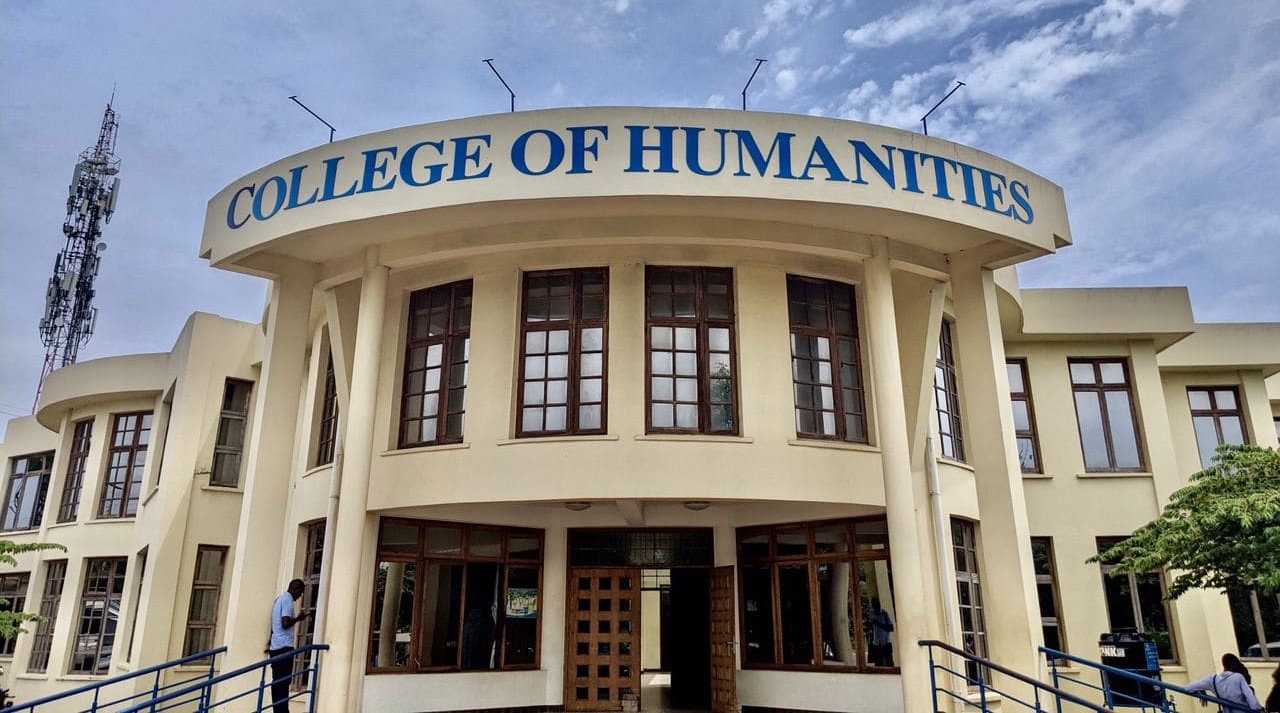Tanzania’s higher education landscape is evolving rapidly, with top colleges setting new academic benchmarks and redefining the nation’s intellectual and professional standards.
These institutions offer world-class curriculum, cutting-edge research opportunities, and state-of-the-art facilities that prepare students for global competitiveness.
With a commitment to academic rigor and innovation, Tanzania’s leading colleges continue to produce graduates who excel in various industries worldwide.
The Rise of Higher Education in Tanzania
Over the past decade, Tanzania has witnessed significant growth in its higher education sector. Government initiatives, private investments, and international collaborations have strengthened the academic infrastructure, enabling colleges to offer globally recognized programs.
With an increasing demand for specialized skills and advanced knowledge, these institutions are playing a pivotal role in shaping the nation’s workforce and economic future.
Key Features of Tanzania’s Top Colleges
1. Globally Accredited Programs
Tanzania’s premier colleges offer internationally recognized degree programs in fields such as medicine, engineering, business, and information technology. Many institutions have partnerships with global universities, ensuring that students receive a competitive education aligned with international standards.
2. Highly Qualified Faculty
Academic excellence is driven by a team of experienced and highly credentialed professors who bring extensive industry knowledge and research expertise. These educators employ innovative teaching methodologies to enhance student engagement and critical thinking.
3. Advanced Research and Innovation Centers
Leading colleges in Tanzania are investing in research facilities that foster innovation in science, technology, and social sciences. Research initiatives tackle real-world challenges, contributing to national development and global knowledge advancement.
4. State-of-the-Art Infrastructure
Modern campuses feature well-equipped laboratories, digital libraries, smart classrooms, and collaborative learning spaces that enhance the overall educational experience. These facilities provide students with access to cutting-edge technology and resources.
5. Strong Industry Linkages
Colleges in Tanzania have established robust partnerships with industries, enabling students to gain practical experience through internships, mentorship programs, and collaborative projects. These connections bridge the gap between academia and employment, ensuring graduates are job-ready.
6. Diverse Extracurricular Opportunities
Beyond academics, Tanzania’s top colleges emphasize holistic development by offering a wide range of extracurricular activities, including sports, leadership training, and cultural programs. These initiatives cultivate well-rounded individuals equipped with essential life skills.
7. High Graduate Employability Rates
Graduates from Tanzania’s leading colleges secure employment in competitive job markets both locally and internationally. Their strong academic backgrounds, coupled with practical training, make them highly sought after by employers across various industries.
Notable Colleges in Tanzania
1. University of Dar es Salaam (UDSM)
As Tanzania’s oldest and most prestigious university, UDSM offers top-tier programs in engineering, law, business, and social sciences. Its research contributions and academic excellence make it a leading institution in East Africa.
2. Ardhi University (ARU)
Specializing in land management, architecture, and environmental studies, ARU is recognized for producing experts in urban planning and sustainable development.
3. Muhimbili University of Health and Allied Sciences (MUHAS)
MUHAS is Tanzania’s premier medical university, offering advanced training in medicine, pharmacy, and public health. It plays a crucial role in healthcare innovation and research.
4. Nelson Mandela African Institution of Science and Technology (NM-AIST)
NM-AIST focuses on STEM education, fostering scientific research and technological advancements that drive Africa’s development.
5. Mzumbe University
Renowned for business, law, and public administration programs, Mzumbe University produces skilled professionals who lead in governance and corporate sectors.
6. Sokoine University of Agriculture (SUA)
SUA is Tanzania’s leading institution for agricultural sciences, contributing to food security, agribusiness, and environmental conservation.
7. Hubert Kairuki Memorial University (HKMU)
This private medical university excels in healthcare education and research, training highly skilled medical professionals.
8. The Open University of Tanzania (OUT)
OUT offers flexible distance learning programs, making higher education accessible to students across the country and beyond.
9. St. Augustine University of Tanzania (SAUT)
SAUT is a Catholic-affiliated institution known for its strong emphasis on ethics, journalism, and business education.
10. International Medical and Technological University (IMTU)
IMTU provides quality medical education with a focus on global healthcare standards and research-driven learning.
The Future of Higher Education in Tanzania
As Tanzania’s education sector continues to expand, top colleges are embracing digital transformation, interdisciplinary research, and global collaborations to maintain their competitive edge.
The integration of artificial intelligence, e-learning platforms, and industry-driven curricula will further enhance the quality of education and graduate employability.
Conclusion
Tanzania’s top colleges are setting unparalleled academic standards, shaping the next generation of leaders, innovators, and professionals.
Their commitment to excellence, research, and industry relevance ensures that students receive world-class education, preparing them for success in an increasingly globalized world.
As these institutions continue to evolve, they will play a critical role in driving Tanzania’s social and economic transformation.
Related articles
- Top 10 Provinces in Matric Results 2024/2025: Celebrating Academic Excellence
- South Africa’s Basic Education Department Unveils 2024 Matric Results
- Top 10 Students in KCSE Results 2024/2025: How to Check and Celebrate Excellence
- Top 100 Students in KCSE Results 2024/2025: Celebrating Kenya’s Brightest Minds
- Top 10 Schools in KCSE Results 2024/2025: Leading the Nation in Academic Excellence
- How to Check KCSE Results 2024/2025: A Step-by-Step Guide
- KCSE Results 2024/2025: How to Access, Interpret, and Plan Ahead
- Top 10 Students in Matric Results 2024/2025: Best Performers and Outstanding Achievements

